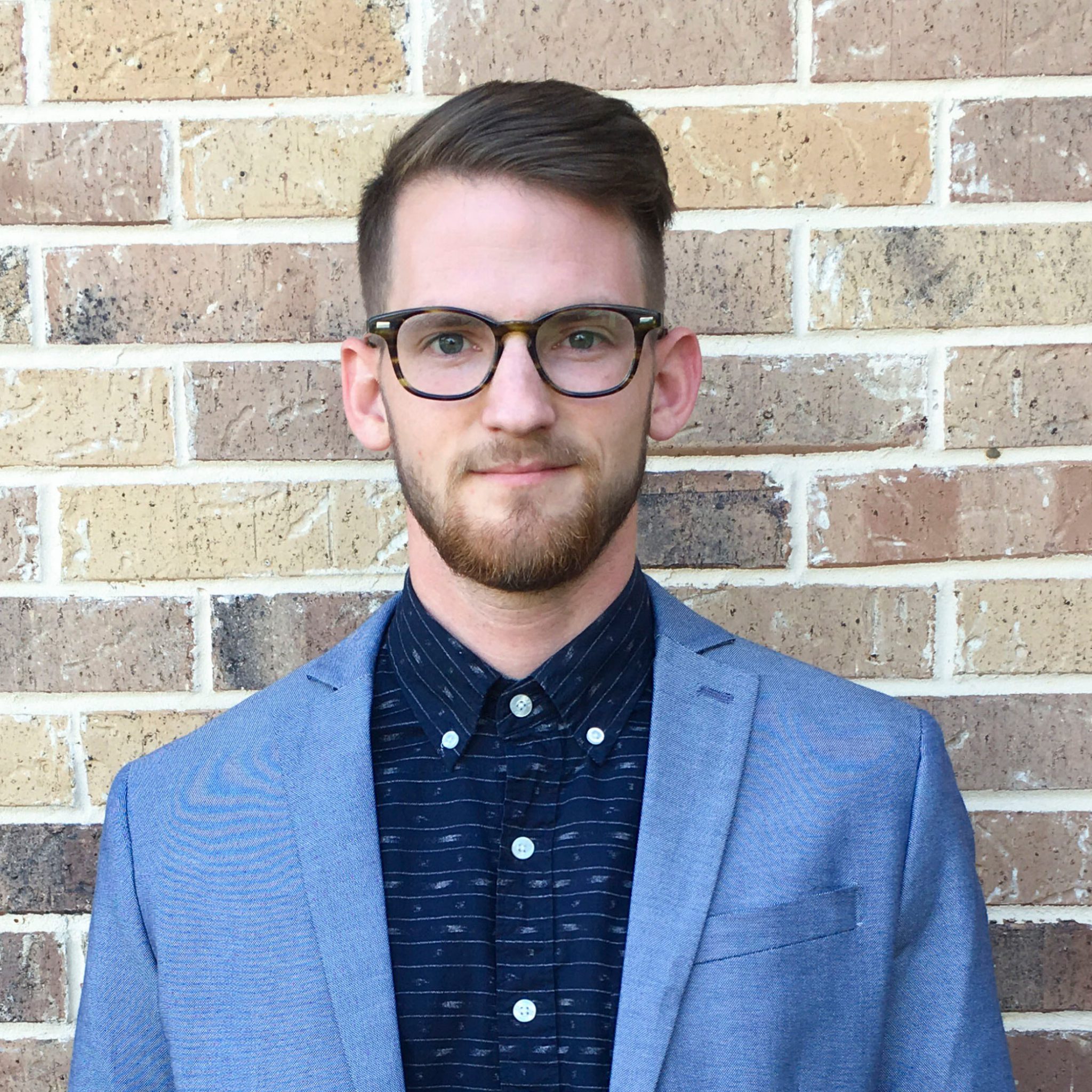Jesus and the Feast of Tabernacles
The Sukkot season is meant for the Jewish people to recall the 40 years that their ancestors spent in the wilderness living in temporary shelters. Interestingly, Apostle John actually references Sukkot in his gospel, in his introduction about the birth of the Messiah.
Yes, the Sukkot, the Feast of Tabernacles is in the Bible–and even in the New Testament. If you read closely and know what to look for, you will notice John dropping a verbal tally in verse 14 of his opening chapter: “and the Word became flesh and dwelt among us.”
Dwelling! That’s the theme of Sukkot! Thus, Jesus and the Feast of Tabernacles are a natural pairing.
“And the Word became flesh and dwelt among us”
The word “dwelt” used in this verse is “skenoo” in Greek. It doesn’t mean “to live”, with permanence. Rather, it’s a word that denotes temporary or short-term residency. It means to dwell in a tent or tabernacle; to encamp; or (properly) to pitch or live in a tent.
John is using a verbal tally, in Hebrew called “gezerah shavah”. It is a classical Hebrew writing style of referencing an audience to another passage or concept.
Sukkot is a celebration of presence. Even in that time of disobedience and punishment in the wilderness, God still dwelt in a tabernacle of His own amongst His people. He never left them!
It is fitting that He would one day name His son, Jesus (Yeshua), or Immanuel – God with us – who would take on our sin, as well as conquer it! We clearly see Jesus in the Feast of Tabernacles.
Dwelled Among Us
Just as the other three Gospel writers give a sense of genealogy or birth story when they introduce Yeshua, John does as well. He just does it through undertones!
He said that Yeshua enters the world, pitches a tent of flesh – which is dying, decaying, and therefore temporary – and “dwells” among us. Do you think he might be hinting at a certain date or festival? Could this be Jesus and the Feast of Tabernacles?
Was Jesus born on the Feast of Tabernacles?
One of my Jewish friends pointed out to me that many of God’s significant plans happen on His significant days. He posed the thought that perhaps Yeshua’s birth (a significant event) occurred on the first day of Sukkot.
Perhaps Jesus was indeed born on the Feast of Tabernacles. Then that would mean that the day of His circumcision (another significant event for any male Jew) happened on the 8th day of Sukkot.
It’s a little difficult to find a proof text for this hypothesis, but it is not unfounded.
Many scholars give a general 3-and-a-half-year timeline for the ministry of Yeshua. According to Luke, He began His ministry when He was about 30 years old (Luke 3:23) and most will say He was about 33-and-a-half when He died.
We know for certain that Yeshua died on Passover, as all four Gospel writers attest to Jesus eating “the Last Supper” with his disciples on the eve of this festival. With Passover and Sukkot being right at 6 months apart, it’s pretty easy to land on His birth happening during Sukkot.
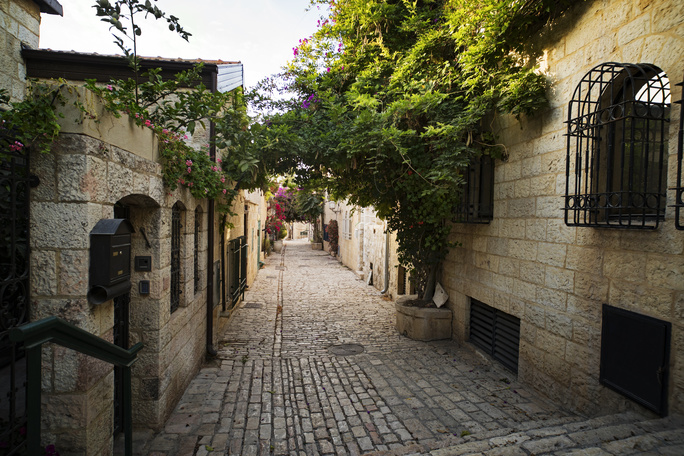
Feast of Tabernacles in the Bible
In the season of the three Fall festivals, the longest is the week-long Feast of Tabernacles.
Each year the Jewish calendar cycles through seven festivals, also called Moedim. Four occur in the Spring, and three in the Fall. They are specific days or seasons that connect Israel’s past, present, and future. Each festival has its own flavor and focus. The culmination of the moedim calls the Israelites in Leviticus 23:39-43 to:
“…keep the feast of the LORD for seven days; on the first day there shall be a sabbath-rest, and on the eighth day a sabbath-rest. And you shall… rejoice before the LORD your God for seven days… You shall dwell in tabernacles for seven days. All who are native Israelites shall dwell in tabernacles, that your generations may know that I made the children of Israel dwell in tabernacles when I brought them out of the land of Egypt: I am the LORD your God.”
You can read more about observing the Feast of Tabernacles here.
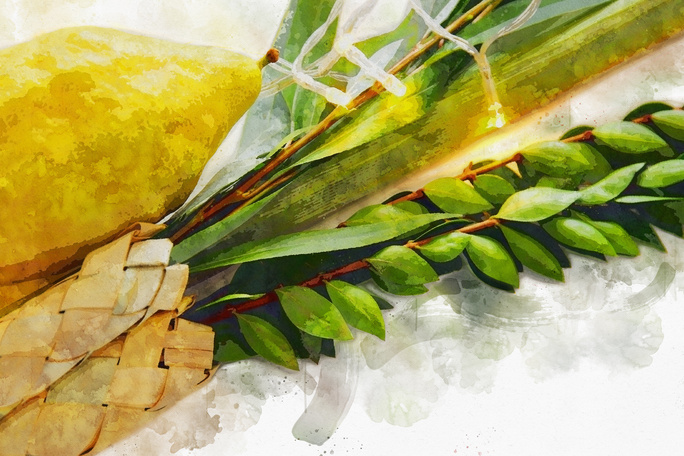
The Feast of Tabernacles and the Nations, Prophesied
Did you know that this is a holiday about which the Lord prophesied that ALL nations would one day celebrate? Jesus will reign over all nations at Sukkot.
This won’t really be a “take it or leave it” kind of a thing. It doesn’t matter if you are a Jew or a Gentile, or which spiritual traditions you might have inherited. The Scriptures proclaim that all nations will celebrate this holiday together in the future!
Zechariah 14:16 prophesied:
“Then everyone who survives of all the nations that have come against Jerusalem shall go up year after year to worship the King, the Lord of hosts, and to keep the Feast of Tabernacles.”
Going up to Jerusalem at Sukkot
During Sukkot the Jewish people were commanded to gather together in Jerusalem. They remember God’s provision for them in the wilderness and how He tabernacled with them. But they were to also look forward to the promised Messianic age! Then all nations would stream to Jerusalem to worship the Lord in their midst.
Fittingly, Gentiles who joined themselves to Israel were always welcome to celebrate alongside them. The Lord directed Moses to gather all men, women and children, along with the foreigners in their land, so they could learn to fear YHVH (Deut. 31:12). God was already training Israel to be a light to the nations as thy taught them to celebrate this “appointed time” together!
The Lord is so serious about unity between Israel and the nations during this feast that in the future, the simple invitation to join in celebrating Sukkot will turn into a command.
YHVH prophesied that in those coming days there will be repercussions to those nations who refuse. He said there “shall be punishment to all the nations that do not go up to keep the Feast of Tabernacles.” (Zechariah 14:19)
Dwelling with His People: Past and Prophetic Future
Thousands of Jews across the world celebrate how the LORD led their ancestors through the wilderness and eventually brought them back to the Promised Land.
In the book of Revelation we look forward to a somewhat constant Sukkot celebration, when God will once again dwell on the earth with mankind:
“Behold, the tabernacle of God is with men, and He will dwell with them, and they shall be His people. God Himself will be with them and be their God. And God will wipe away every tear from their eyes; there shall be no more death, nor sorrow, nor crying. There shall be no more pain, for the former things have passed away” (Revelation 21:3–4).
The powerful image of the sukkah, or booth, has served to commemorate God’s dwelling amongst His chosen people in the wilderness and His invitation to the Gentiles to dwell with Him alongside Israel. But we also long to see the future fulfillment of this symbol—wherein He will return to dwell amongst the whole body of Messiah together, forever!
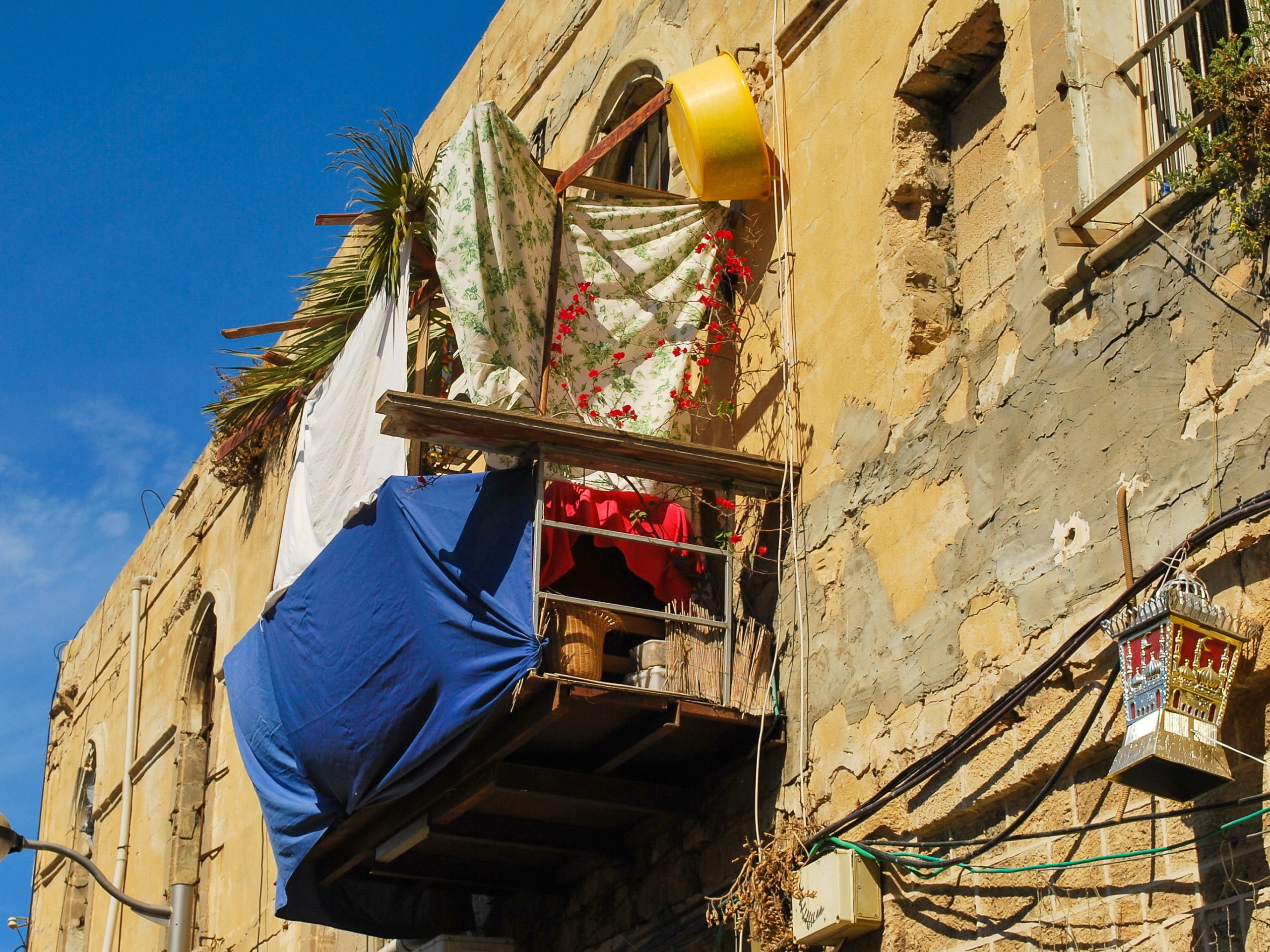
Heaven is at Hand: Jesus and Sukkot
With every passing day, we are getting ever-closer to the final day when we will shed the perishable for the imperishable, the mortal for the immortal, and the natural, temporary body for the spiritual, permanent body (1 Corinthians 15:42-57).
Yeshua said over and over during His time on earth, “The Kingdom of Heaven is at hand.” And this is one of the main principles that Sukkot emphasizes – Heaven! It is the festival of rejoicing, feasting, fellowshipping, and spending time in the presence of the LORD (Deuteronomy 14:22-27).
It is the final of the seven moedim cycle and it ends with a massive celebration – just as Heaven is the culmination of time, when we are able to celebrate forever with the LORD, rejoicing and worshiping in His presence for all of eternity.
Until that day, we recognize that wherever we are, whatever the season, chapter, or stage of life we find ourselves in – we are only there as a “temporarily dwelling.”
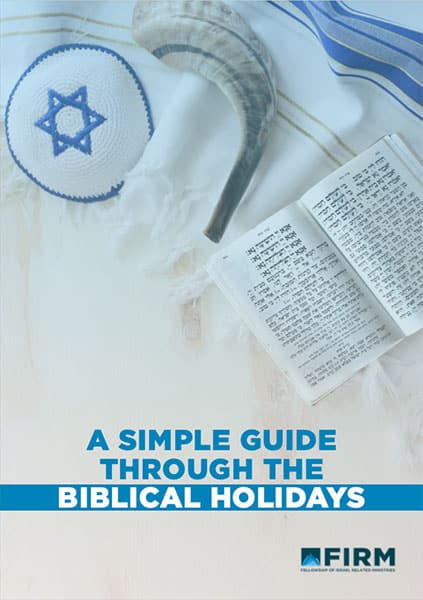
A Simple Guide Through the Biblical Holidays: Free PDF Download
You may know them as the “Jewish holidays,” but did you know the Bible calls them “Feasts of the LORD”?
We’ve put this guide together for you so that you have all you need to know about these holidays that God calls His own.
Articles Related to the Feast of Tabernacles
Estimated reading time: 7 minutes
